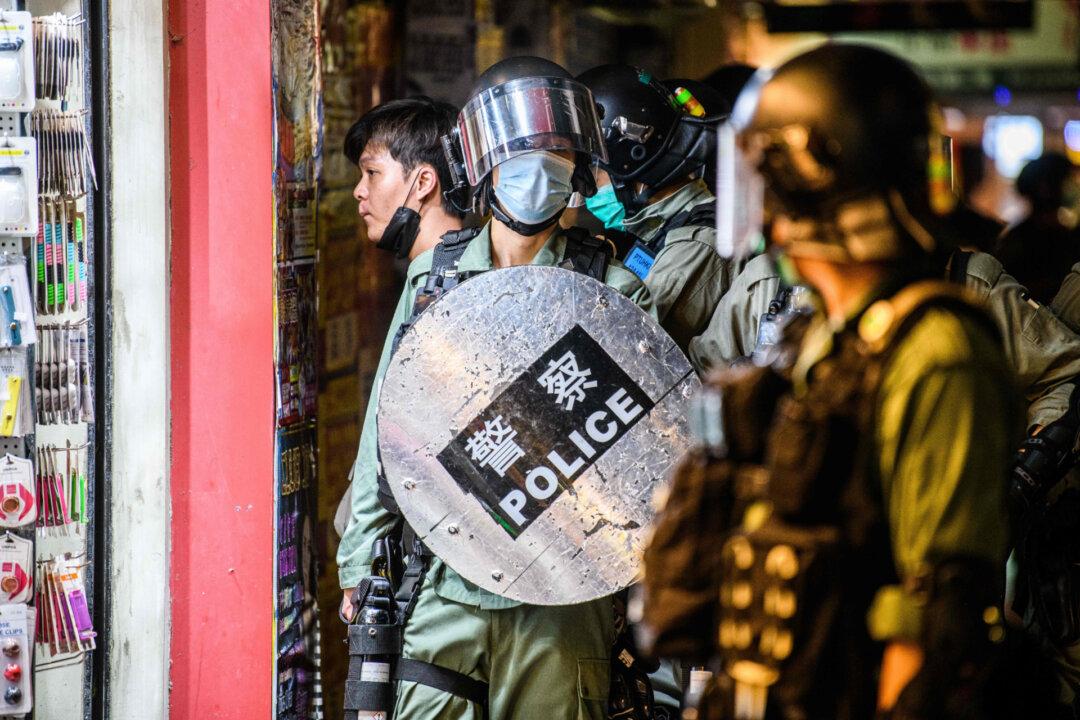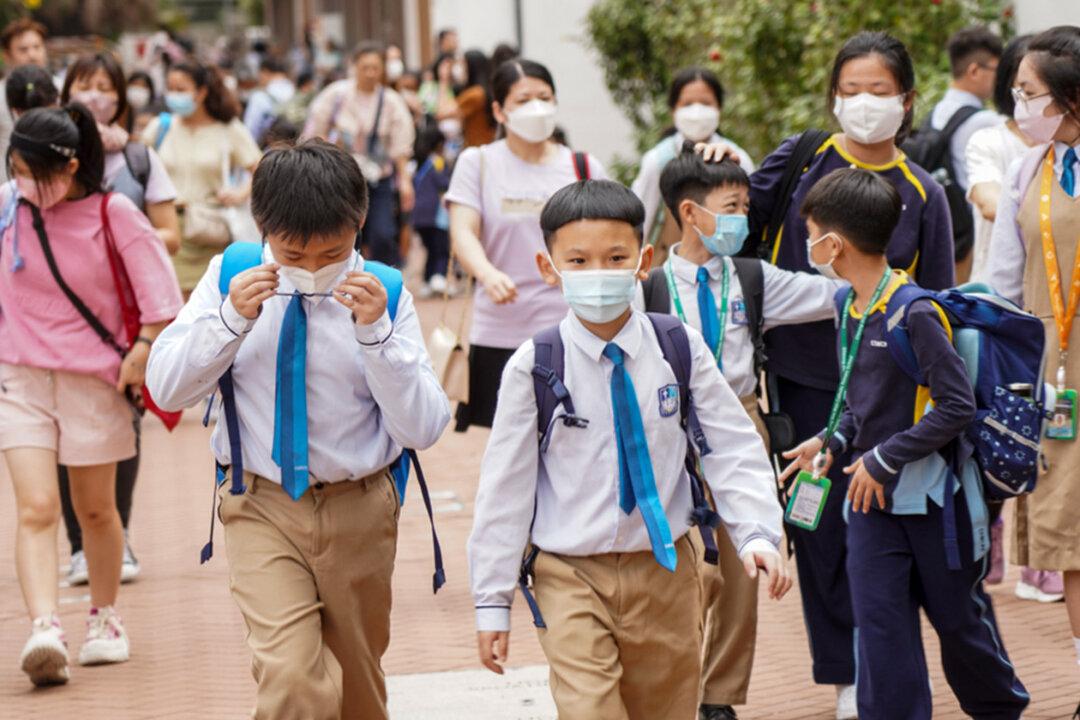To ensure the sustainability of public finance, the Hong Kong government implemented zero growth in civil service in 2021/22.
On Jan. 22, the Hong Kong government released the 2023-24 budget and announced that the civil service establishment would maintain zero growth in the new financial year of 2023/24.




